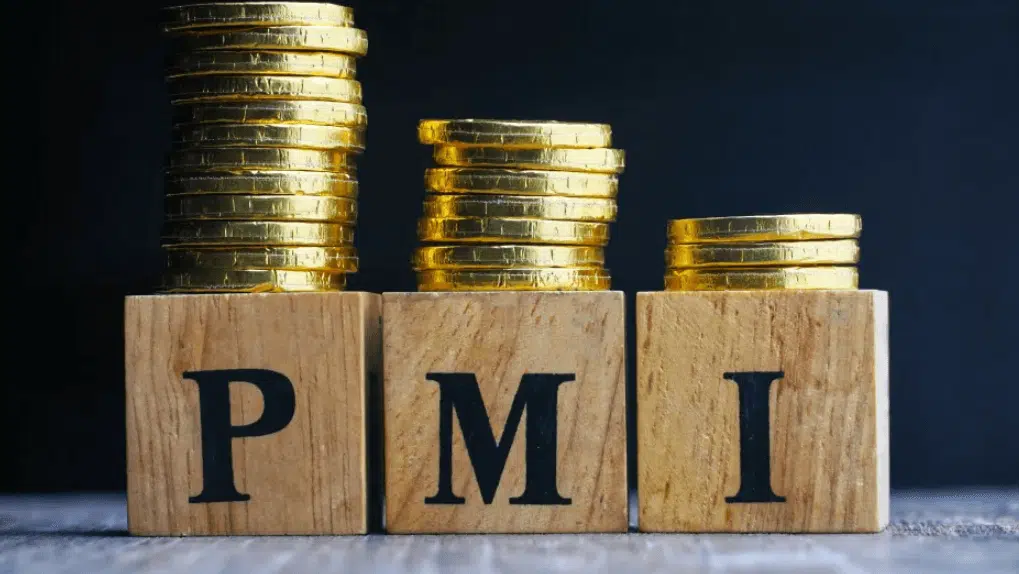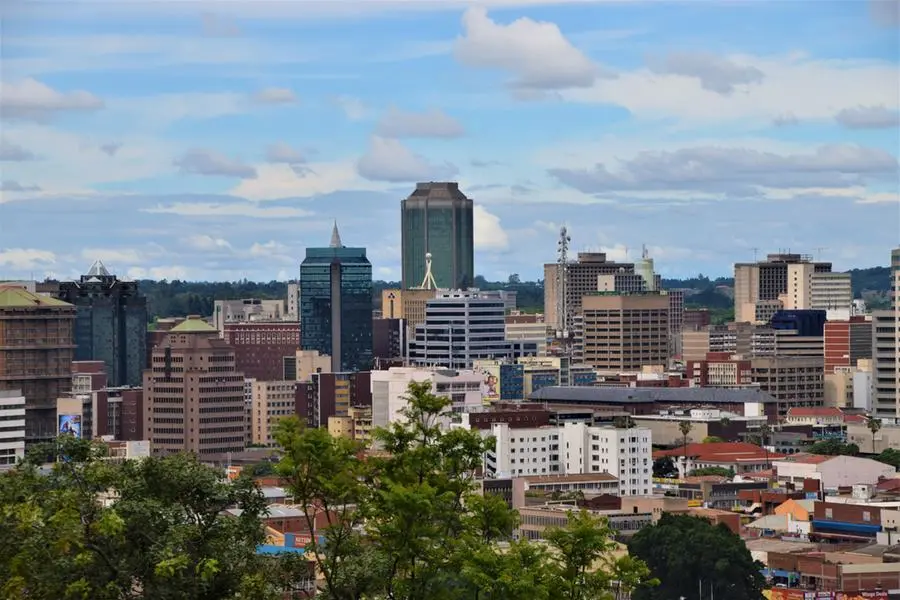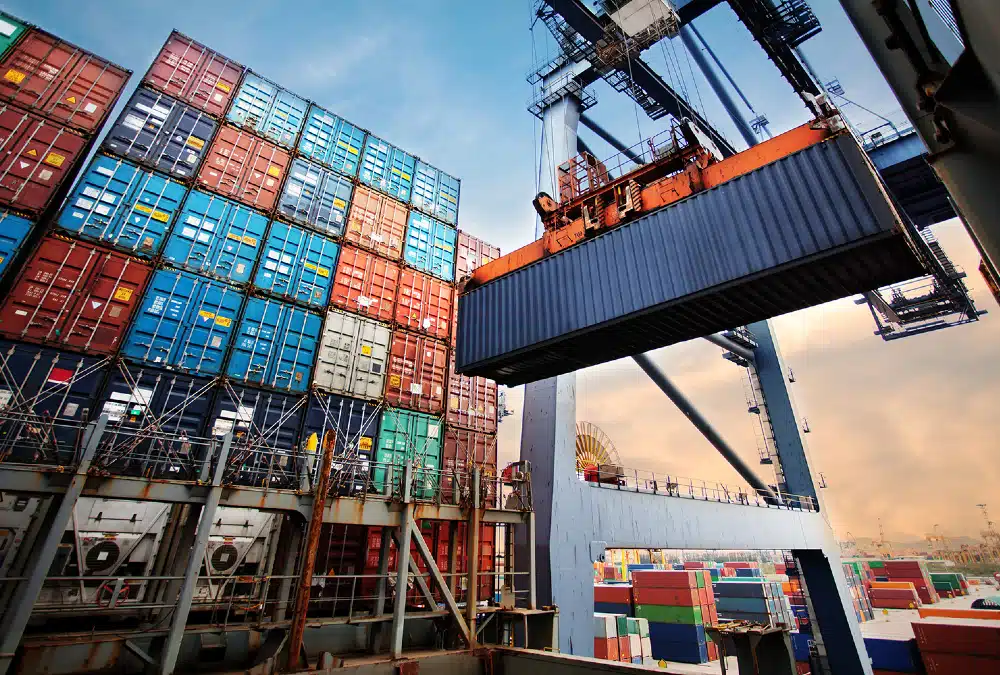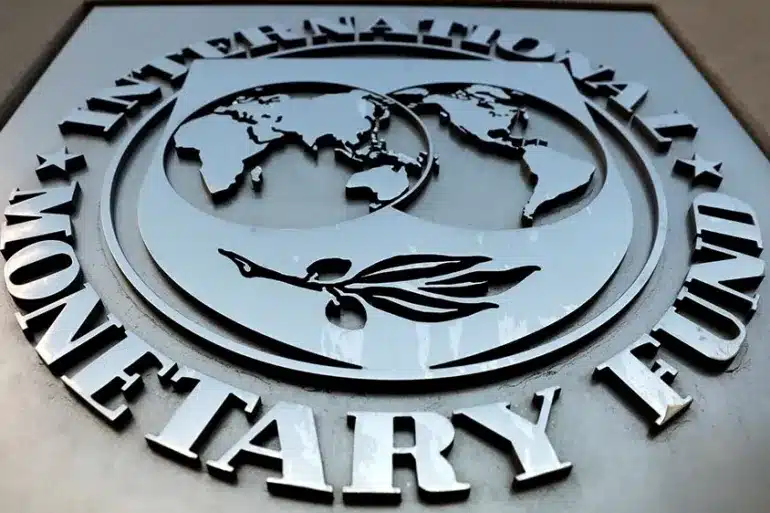Growth in Nigeria’s private sector strengthened in August 2025, with demand rising to its highest level in 19 months amid moderating inflationary pressures, according to a new Purchasing Managers’ Index (PMI) from Stanbic IBTC Bank.
The headline PMI inched up to 54.2 in August from 54.0 in the previous month, marking a ninth consecutive month of expansion and signalling sustained improvement in business conditions. A reading above 50 indicates growth, while below 50 signals contraction.
“Business activity increased further in August and has remained positive for nine straight months,” the index report said on Monday. “Sharper increases in output and new orders reflected stronger customer demand and greater willingness to commit to projects as inflation eased.”
The PMI is based on responses from 400 companies across agriculture, manufacturing, services, construction, and retail. It aggregates five components: new orders (30%), output (25%), employment (20%), suppliers’ delivery times (15%), and stock of purchases (10%), with supplier delivery times inverted so shorter times reflect improvement.
Output and new orders surge
Firms raised output at the fastest pace in four months, with the output index climbing to 56.8 from 56.1 in July. New orders grew even more strongly, hitting 58.3 in August from 57.3 in July—the highest in 19 months—on the back of robust client demand.
Employment levels rose, though at a slower pace than in July, supported by a modest 0.2% increase in purchase activity. Stronger inflows of new orders allowed firms to clear backlogs for the first time in five months.
Inflationary pressures easing
Inflation in Africa’s most populous country has been on a downward path, falling to 21.88% in July—the lowest level since the rebasing of the Consumer Price Index (CPI) in January this year, according to the National Bureau of Statistics (NBS).
Headline inflation declined for the fourth consecutive month, supported by structural reforms, seasonal food supply improvements, and a more stable foreign-exchange market. Both food and core inflation eased, leading to slower increases in input costs.
As a result, purchase price inflation eased for the fourth month in a row, reaching its weakest level since March 2020. Output price inflation also slowed to its lowest in over five years. Staff cost inflation moderated to a three-month low, as reduced hiring offset higher living expenses, particularly transport costs.
Outlook
Stanbic IBTC analysts expect Nigeria’s economy to grow by 3.5% in 2025, slightly above the 3.4% expansion recorded in 2024, supported by softer inflation, ongoing reforms, and improving foreign exchange conditions.
“The continued moderation of input and output prices still suggests that inflation is likely to remain soft in the near term, and may incentivise the Monetary Policy Committee of the Central Bank of Nigeria to switch to an accommodative monetary policy by September from the current neutral stance,” Muyiwa Oni, Head of Equity Research, West Africa at Stanbic IBTC Bank, said.
Oni added that Stanbic expects headline inflation to ease further in August, ranging between 21.45% and 21.63% year-on-year, and potentially decline to between 17.19% and 17.92% by November. “Accordingly, we still anticipate up to 150 basis points in cumulative rate cuts in 2025.”










